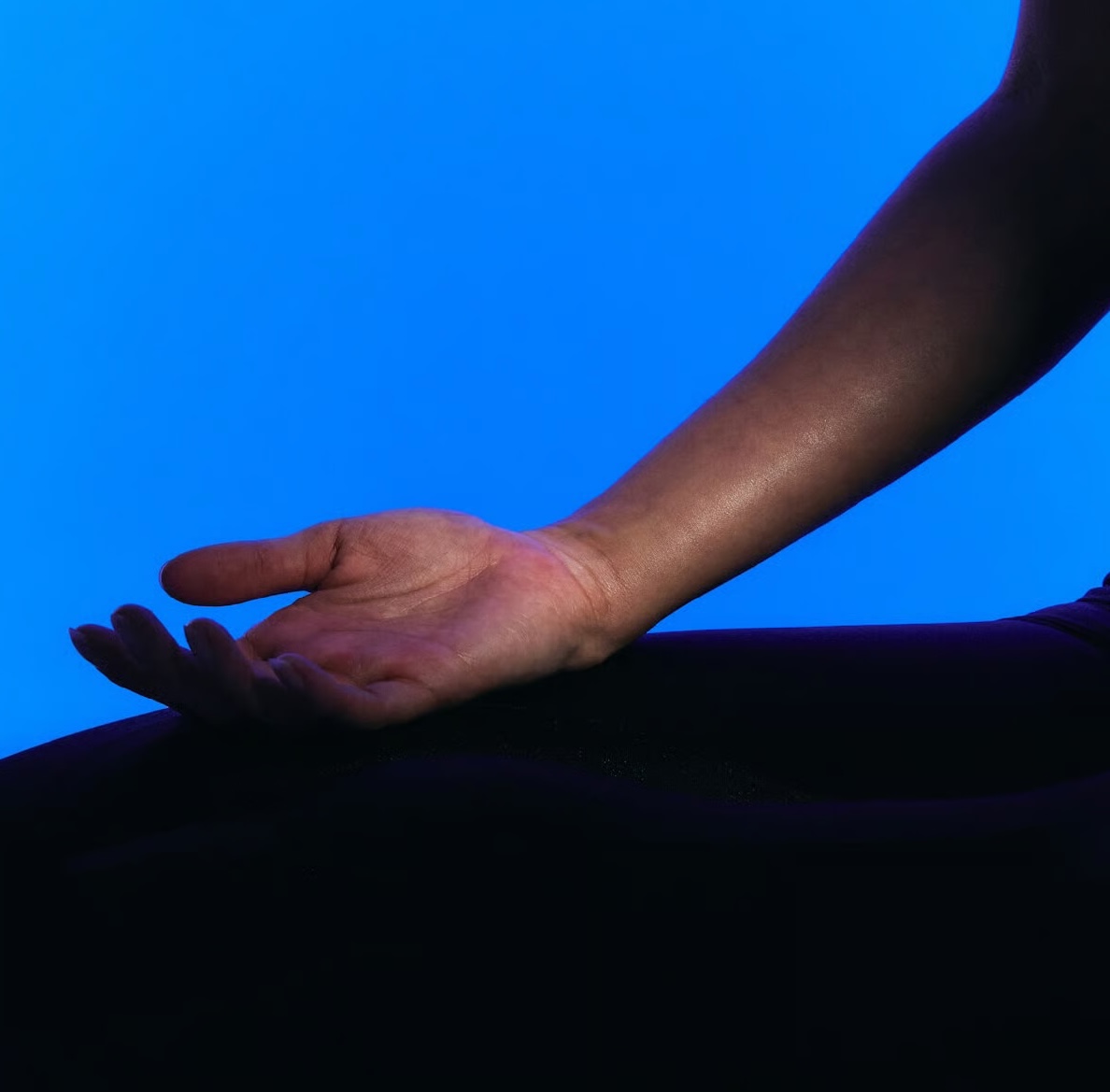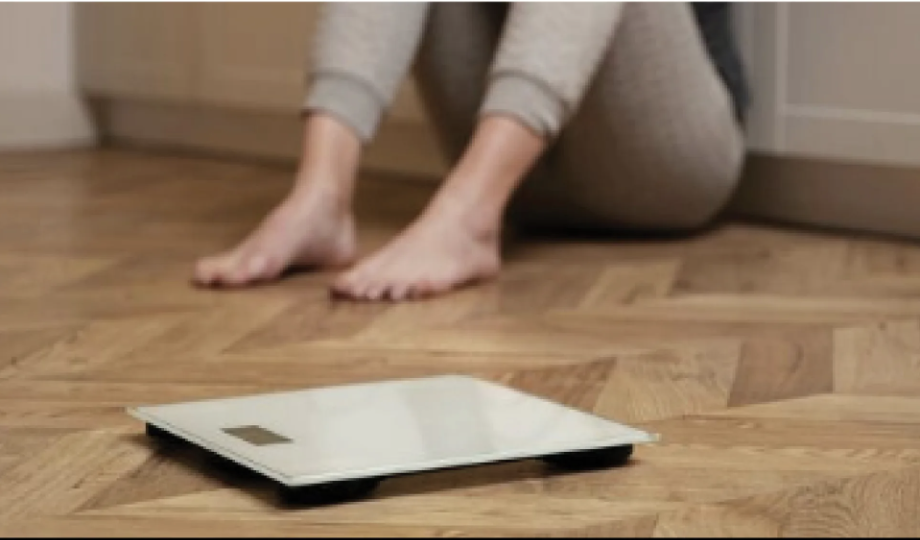Is CBD a Natural or Effective Sleep Aid?
With every brand promising better sleep in a gummy, the real question is: does CBD actually help you sleep—or just help you feel like it did?

Google “CBD for sleep,” and you’ll find dozens of brands swearing their tinctures and gummies will help you fall asleep faster and stay asleep longer. Since CBD comes from the cannabis plant, you might think:
“Well, it’s natural. Natural means effective and safe, right?”
Not quite. “Natural” doesn’t equal helpful or harmless. Poison ivy is natural. So is arsenic. The real question isn’t where CBD comes from, but whether the science supports it as a sleep aid.
The answer? A big, unsatisfying “meh.” The American Academy of Sleep Medicine (AASM) reviewed the evidence and found there isn’t enough data yet to recommend CBD for any sleep disorder.
What the Research Actually Shows
The studies we do have are few and far from conclusive:
- One study found CBD improved perceived sleep quality (meaning people felt they’d slept better, which could be a placebo effect). However, it didn’t measure objective sleep measures and was conducted on healthy college students, not people struggling with insomnia.
- A 2024 study tested CBD in people with actual insomnia and found a similar pattern: participants reported feeling more well-rested, but it didn’t actually improve insomnia.
In other words? CBD may help you feel better without affecting your sleep. And when researchers compared CBD to melatonin? The results were…underwhelming.
- Zoom In: A study of 1,793 adults with sleep issues found no significant difference between 15 mg of CBD and 5 mg of melatonin.
Both groups reported sleeping slightly better, but CBD didn’t outperform melatonin, which is cheaper, better studied, and doesn’t have the same dosing and drug interaction issues.
Which brings us to the cons of CBD.
The Cons of CBD
Now for the less glamorous realities:
- CBD is poorly regulated.
CBD products can be dramatically mislabeled:
- Science Says: A study of 84 CBD products found nearly 70% were mislabeled. Some had far less CBD than advertised, while others had enough THC to cause intoxication or show up in a drug test.
Plus? There's no FDA oversight requiring these companies to prove their labels are accurate before they hit shelves.
- CBD can cause unwelcome drug interactions.
CBD can interfere with your liver’s ability to process medications like blood thinners, statins, antidepressants, and blood pressure drugs, causing them to build up to potentially dangerous levels.
- Doctor’s Rule of Thumb: If your prescription says "avoid grapefruit," be cautious with CBD. Both block the same liver enzyme (CYP3A4).
Not on any medications? Even healthy adults aren’t entirely in the clear:
- Science Says: One study found that 5.6% of people taking CBD developed elevated liver enzymes. Levels normalized after stopping CBD, but this suggests CBD could stress your liver even without other drugs in the mix.
My Rx For Taking CBD
If you were my patient and wanted to try CBD, here’s what we’d do:
- Start with evidence-first tools.
Before discussing CBD, I’d first recommend cognitive behavioral therapy (CBT-I). It’s the gold standard for treating insomnia with proven (and long-lasting) results.
- Fix the basics.
Next, we’d optimize your sleeping environment. The bedroom should be cold (66-67 degrees is ideal), dark (no blue lights, streetlights, or night lights if possible), and quiet.
I’d also suggest cutting out behaviors that hinder sleep, like caffeine after 12 PM, drinking alcohol, and not getting daily exercise.
- Try CBD like a scientist would.
Talk to your doctor and bring your medication list so they can flag any potential drug interactions. Also, don’t buy whatever pops up first on Google! Only purchase third-party tested products.
Then: start low and go slow. Begin with 10-25 mg and give it at least two weeks. Track your sleep and how you feel each morning. Groggy? Dizzy? Nauseous? Write it down.
Watch for liver warning signs. Discomfort in your upper right abdomen, dark urine, or unusual fatigue are red flags. If you notice any of these, stop the CBD and call your doctor.
I’m not against CBD. But it has to be done thoughtfully. Loop in your care team and let your own sleep diary guide you, not the glitzy marketing.


